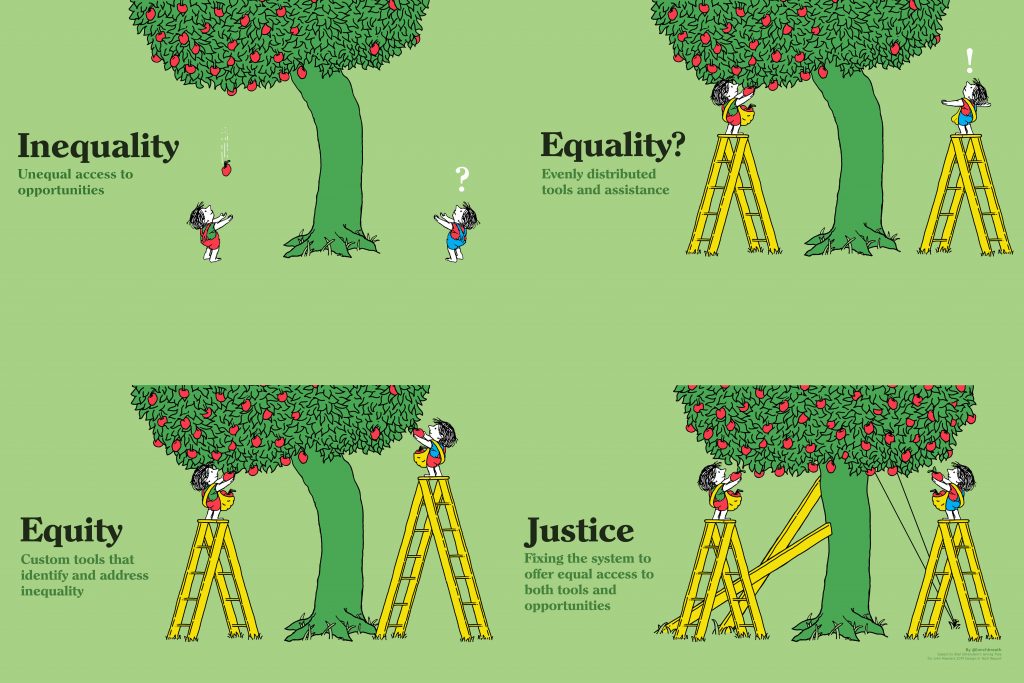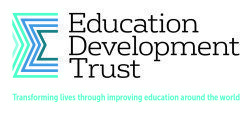Convenors: Dawit Tibebu Tiruneh and Amy Parker
Education is an essential part of addressing societal inequities. Whilst we have seen significant changes in and positive gains of education practice and policy to reduce the equity gap, there is still a huge way to go. We also know that inequity is exacerbated by crises, and this has played out in the present COVID-19 pandemic. We have seen some initial evidence that education and training delivery systems – formal and informal – in many developed and developing economies have failed to reach those furthest behind.
Education and training systems have a responsibility to drive a more equitable redistribution of knowledge, power, and resources in society. At this critical juncture in time, it is essential to foreground redistribution approaches to education and training to ensure that educational inputs, processes, and outcomes are equitable. A redistribution of educational inputs to ensure equitable access to education for all; and a redistribution of processes (for example, dominance of knowledge, language of instruction, pedagogical approaches) are necessary to strengthen social and economic equity. This in turn should lead to a measurable redistribution of outcomes (for example, increased learning, wellbeing, agency, participation, skills, including for the most marginalised).
In this theme, we welcome submissions that challenge the status quo and address issues of redistribution of inputs, processes, and outcomes to reach those children and adults left behind. Submissions should address one or more of the following questions and topics:
- How does power (including dominance of knowledge) need to be redistributed to ensure equity and inclusion? Consider power or dominance between, for example, the Global South and Global North, elite and non-elite, men and women, languages and ethnicities.
- How can access to education and training resources be more equitable and inclusive? Consider access to knowledge (parental/ caregiver education levels, language, traditional knowledge systems etc), materials (technology, texts, equipment etc), time (available time to learn and train – boys, girls, men and women) and space (where learning takes place).
- How do different modalities reach different groups of learners and trainees? How can content be provided in the most efficient, effective and equitable way? What pedagogical approaches are relevant for a particular group of students/trainees?
- If we (education authorities, multilateral bodies, civil society and researchers) want to measure how equitable education and training are, how can and should this be done?


